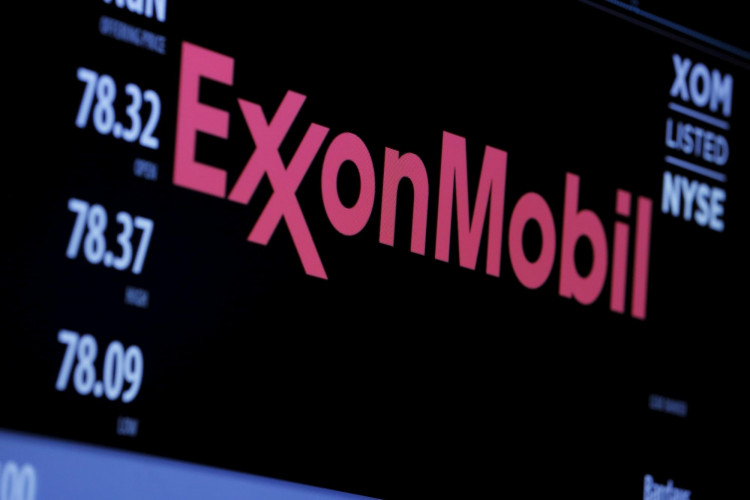As a result of Russia's invasion of Ukraine, Exxon Mobil announced on Tuesday that it will abandon its $4 billion worth of oil and gas activities in Russia and suspend further investment.
Exxon will no longer manage big oil and gas production facilities on Sakhalin Island in Russia's Far East, putting the future of a projected multibillion-dollar LNG complex on the island in jeopardy.
"We detest Russia's military intervention, which breaches Ukraine's territorial integrity and puts its people in danger," the corporation stated in a statement condemning the escalating military attacks.
Hundreds of other Western businesses, including Apple and Boeing, as well as BP PLC, Shell, and Norway's Equinor ASA, have either stopped doing business in Russia or declared plans to do so.
Exxon did not specify a timeline for its exit, nor did it comment on prospective asset write downs, despite the fact that it is slated to meet with Wall Street analysts on Wednesday. In its most recent annual report, filed in February, its Russia assets were valued at $4.055 billion.
Exxon began evacuating U.S. staff from Russia earlier this year, according to two people familiar with the situation. The exact number of employees who were evacuated was unknown.
According to a few people, the corporation dispatched a jet to Sakhalin Island to retrieve employees.
Exxon controls three big offshore oil and gas fields on behalf of a consortium of Japanese, Indian, and Russian corporations, including Russia's Rosneft, from Sakhalin Island. The group has been pushing for an LNG export facility to be built at the location.
The business, which has been producing Russian oil and gas fields since 1995, had been under pressure to sever connections with Russia in the aftermath of Moscow's invasion of Ukraine. Russia's interventions in Ukraine are referred to as a "special operation."
According to a project description on Exxon's website, the Sakhalin facilities, which Exxon has operated since production began in 2005, are one of the largest single direct investments in Russia.
A representative for Japan's Sakhalin Oil and Gas Development (SODECO), which owns a 30% share in the Sakhalin-1 project, said the company is seeking to check details of Exxon's announcement and will keep an eye on the Russia-Ukraine situation before deciding what to do next.
A representative for state-owned oil company Japan Petroleum Exploration Co (Japex), which owns 15.285 percent of SODECO, said the company is reviewing the contents of Exxon's decision and would consult with its partners to determine a future strategy.






